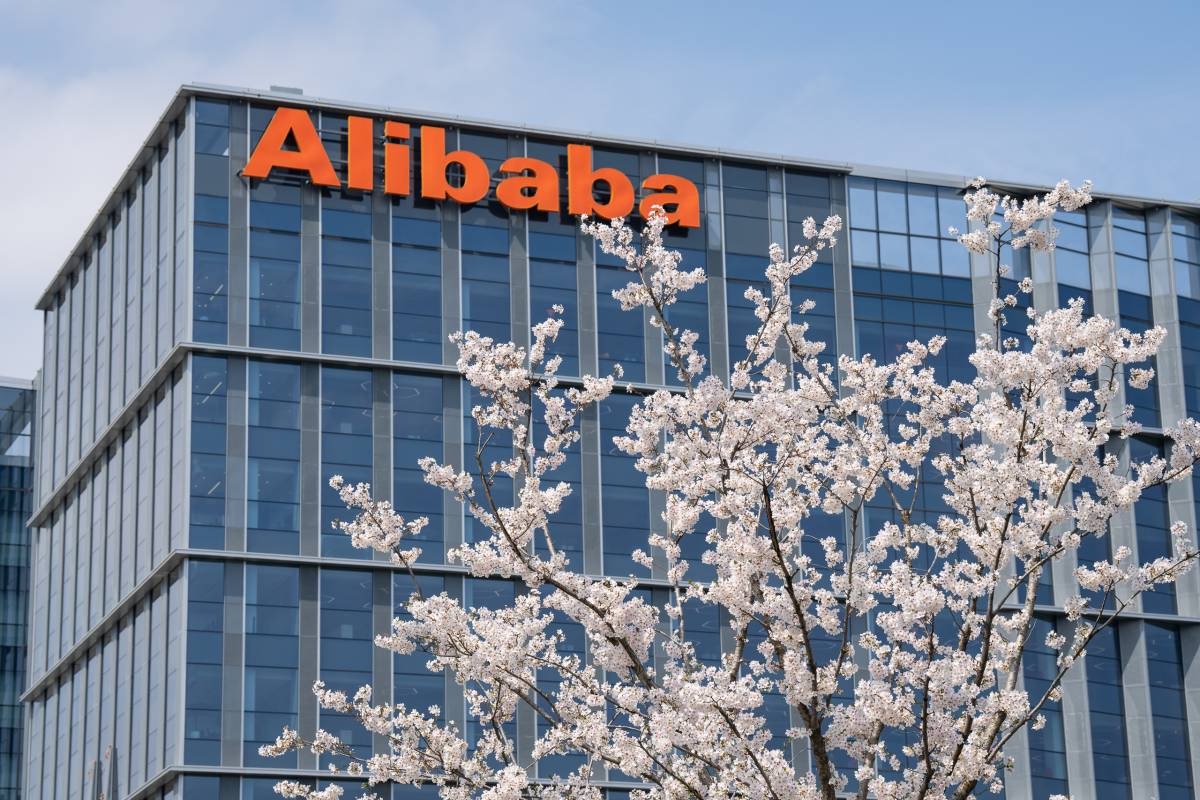|
Getting your Trinity Audio player ready...
|
Alibaba Group’s research arm, Damo Academy, has launched its first effort at a server-grade chip based on the open-source RISC-V architecture, in its latest move to boost AI infrastructure and improve China’s independence from US-based tech supply chains.
The C930 chip is part of Alibaba’s XuanTie series, which uses the international, open-source RISC-V architecture that anyone can modify and contribute to.
The new chip is designed for server-grade, high-performance computing and comes as Alibaba plans a massive expansion in spending on AI and cloud infrastructure.

Cloud spending plans
The C930 is to begin shipping to customers in March, Damo said at a conference in Beijing on Friday.
China has been spurred to develop a semiconductor supply chain more independent from US technological resources amidst increasingly strict US tech export restrictions.
RISC-V contrasts to leading architectures such as Intel’s x86 and ARM’s RISC-based chip designs, which are proprietary.
Damo also announced development plans for future chips in the XuanTie series, including the C908X for AI acceleration, the R908A for automotive applications and the XL200 for high-speed interconnect.
Previous XuanTie chips include the C910 in 2019 and the C920 last year.
Alibaba, China’s largest cloud provider, said last week it would invest at least 380 billion yuan ($52bn, £41.5bn) in AI and cloud infrastructure over the next three years, amidst a surge in AI demand following the rise to popularity of Chinese start-up DeepSeek in January.
Open source chips
The expenditure plan, which amounts to more than Alibaba has spent on cloud infrastructure over the past decade, is expected to include the construction of data centres and the deployment of AI chips.
In January the Chinese Academy of Sciences’ (CAS) Institute of Computing Technology, a prestigious Chinese government research centre, said it planned be deliver a high-performance RISC-V-based chip called XiangShan sometime this year.
The CAS initiated the XiangShan project in 2019, as the US began to implement export sanctions on Huawei Technologies and other Chinese tech firms.





